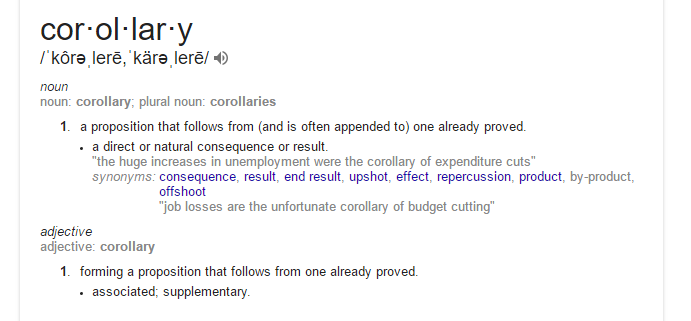In my classroom (and most elementary classrooms) students are encouraged to share. . The only exceptions are food (possible allergies/sensitivities/dietary restrictions) and answers during an activity designed for assessment purposes. Sharing is an act of empathy that demonstrates the ability to recognize and fill a need of another person.
So why do we revert to two year-olds who want to claim everything as “mine” when it comes to creative works? Why do we abandon our childhood teachings?
In his Video Sharing: The Moral Imperative Dean Shareski shares Ewan McIntosh’s statement
“Sharing, and sharing online specifically, is not in addition to the work of an educator. It is the work.“ Shareski further states that “When we focus on protecting our own work we are in some ways the antithesis of a teacher.” Strong words, which he admits. But there is a ring of truth to them.
As teachers we share our knowledge with our students. We often share a particularly inspiring lesson with a colleague. If we adopted Dan Meyers’ attitude that the more people we share our work, the more the effort seems worthwhile, perhaps this would occur even more than it already does. As educators we also share our students’ work with the school community on bulletin boards. I have seen the audience effect mentioned in Terry Heick’s article When Student Writers Learn That They Must Make Their Audience Care in action when students know they will be sharing their work with their classmates or others. They are much more motivated. Like many educators in elementary schools I have not yet taken the leap into having my students share online. Why not? I admit that the estimated amount of time required to produce materials I deem worthy of publishing so publicly is a deterrent. Privacy issues are also a valid concern. By allowing these concerns to influence my practice am I sacrificing my students’ education? This is a question I had not considered before.
In this day and age sharing with a large audience is not difficult. Access to the Internet makes it relatively easy. This means that not everything is of the same quality. Heick (2014) states that there is access to so much it is “an ocean of dreck, dotted sporadically by islands of genius.” This begs the question, is it worth the time and effort sifting through the dreck to find those rare gems? I don’t have the answer to that question.
Perhaps it is not the content of what is being shared so much as the process of sharing that matters. Even a poorly presented idea can spark innovation in someone else. In his article How Successful Networks Nurture Good Ideas: Thinking Out Loud Clive Thompson states that “Failed networks kill ideas, but successful ones trigger them.” As educators one of our primary objectives is to foster ideas. This makes me inclined to agree with McIntosh and Shareski that we do have a moral imperative to share.
Coming soon to an Internet accessible device near you…the work of my students!
Heick, Terry. When Student Writers Learn That They Must Make Their Audience Care. (December 7, 2014) http://www.teachthought.com/uncategorized/students-wrote-no-one-cared/
Shareski, Dean. Sharing: the Moral Imperative. https://www.youtube.com/watch?v=ELelPZWx7Zs
Thompson, Clive. Wired. How Successful Networks Nurture Good ideas: Thinking out Loud. (September 17, 2013) http://www.wired.com/2013/09/how-successful-networks-nurture-good-ideas-2/

